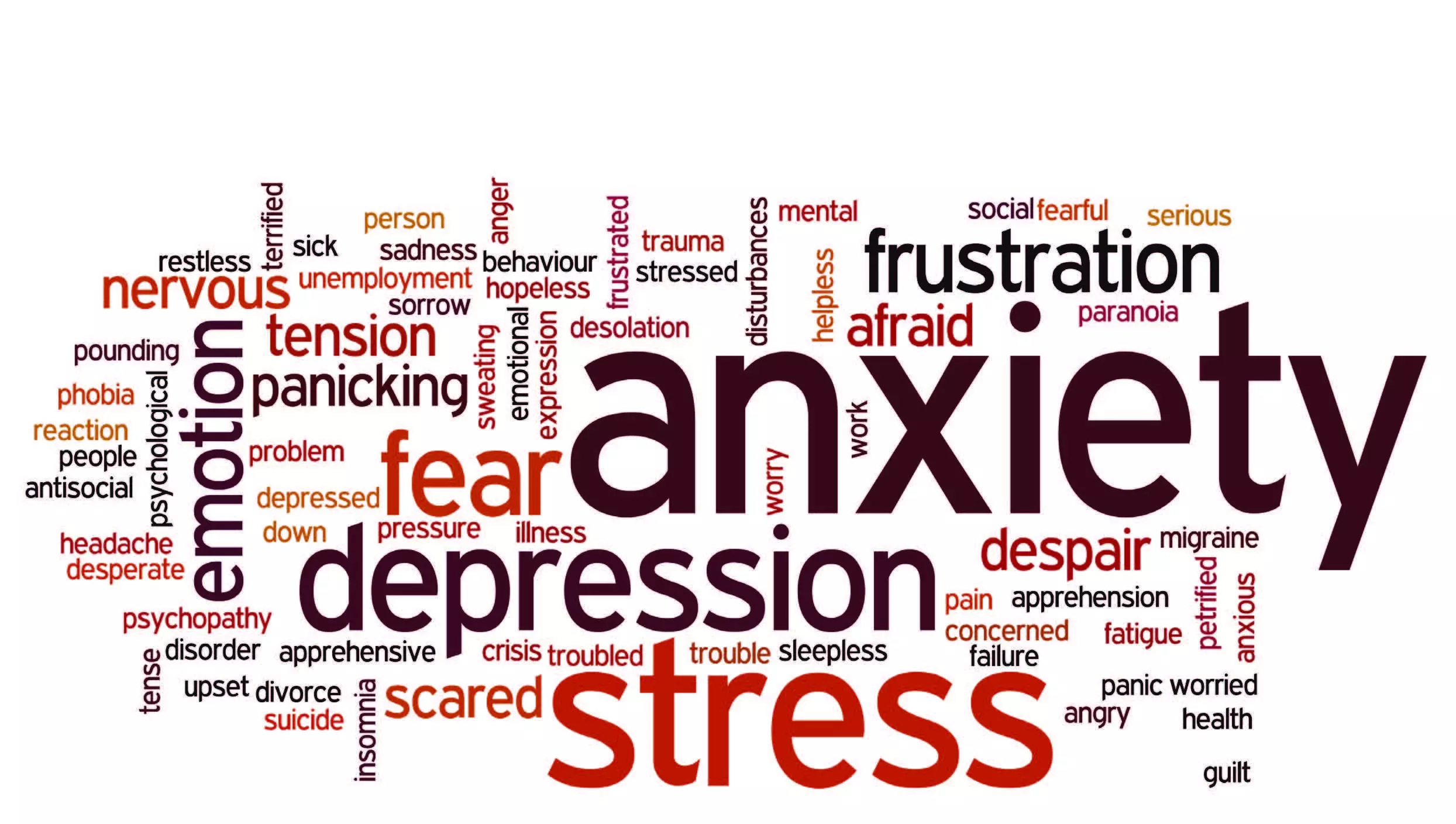The opioid epidemic is all over the news these days. It’s inescapable. For those of us who aren’t affected, we often find ourselves wondering how a person reaches that point. We all know the dangers of opioids by now, don’t we? What could possibly cause someone to take that chance? Sometimes the answer is the desire to self-medicate for a behavioral health condition. In our society there’s still a stigma that accompanies behavioral health. So much so that many who are struggling try to take care of it themselves with substance use in order to feel better while not disclosing what they’re up against. In some cases this can take the form of alcohol abuse or other recreational drugs, but in extreme cases it can lead to opioid abuse. Let’s take a look at depression and anxiety in particular and how they are related to the current opioid epidemic.
Depression and Opioid Abuse
Depression and opioid abuse have a bidirectional relationship, meaning that when either condition is present in a patient there is a greater risk of that patient developing the other condition. For example, a patient who is depressed could end up abusing opioids to self-medicate, but it’s also just as possible for a patient who is abusing opioids to develop depression. Also concerning is the research-based suggestion that opioid painkillers are less effective for individuals struggling with depression, leading them to need more of the painkiller for it to provide relief, again raising the risk of addiction. With both conditions feeding one another and each condition being particularly dangerous, this is a scary position for any patient to be in.
Anxiety and Opioid Abuse
Approximately 20% of individuals who have an anxiety disorder also struggle with substance abuse. Often these individuals turn to alcohol and drugs, including opioids, as a way to try to cope with the symptoms of their anxiety. Unfortunately, the relief is only temporary and once the effects of the substance wear off the anxiety returns, often worse than before. This begins another vicious cycle wherein the individual abuses a substance in order to ease their anxiety but then ends up more anxious and needing to take more drugs to try to feel better again. The cycle goes on until something stops it, and unfortunately all too often that something is an overdose.
What this means for providers
With the stigma that surrounds behavioral health issues, it’s an unfortunate fact that individuals who are struggling with issues such as depression, anxiety, and addiction will neglect to seek help and treatment because they don’t want to be seen as weak or labeled as crazy. For this reason, screening all patients for behavioral health issues routinely is incredibly important. We screen for physical conditions such as diabetes and hypertension all the time; behavioral health should be no different. Don’t wait for your patients to come to you saying they feel depressed or anxious. You’re likely to wait a long time. It’s also important to have a clear understanding of your patient’s behavioral health state prior to prescribing any opioid painkillers as the relationship between these medications and issues such as depression and anxiety can be dangerous.
Keeping this stigma in mind, it’s wise to be cognizant of it when deciding how to administer your assessments. For best results, use technology to assess patients’ behavioral health. You will get the most honest answers from your patients when they are responding to questions on a tablet or computer screen. Even if they know that you will be reviewing their responses just moments later, even that little bit of space between response and review is enough to allow patients to feel more safe in being honest and less self-conscious.
The opioid epidemic is a major concern in America right now, as well it should be, but it’s also important to remember that often addiction goes hand in hand with other behavioral health conditions such as depression and anxiety. With this in mind, behavioral health management is an important piece of the puzzle in fighting this terrifying and tragic epidemic. Screening patients for behavioral health conditions is best done using technology, and you can’t do better than Greenlight. Greenlight allows providers to efficiently improve clinical outcomes and create ancillary revenue for their practice using a cloud-based, digital behavioral health platform with patient-administered, scientifically validated assessments. This allows the illusion of anonymity that helps patients to be honest while easing the burden on physicians’ time.
Are you ready to put Greenlight to work for you? Contact Henry Schein Solutions Hub to learn more at 833-433-2482 or henryscheinsolutionshub.com.




